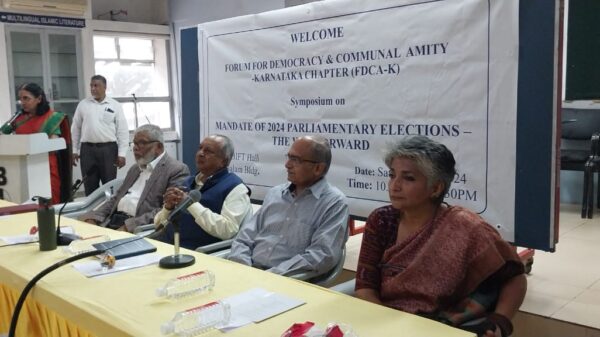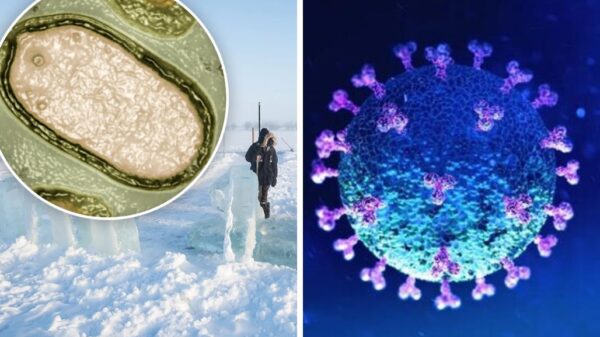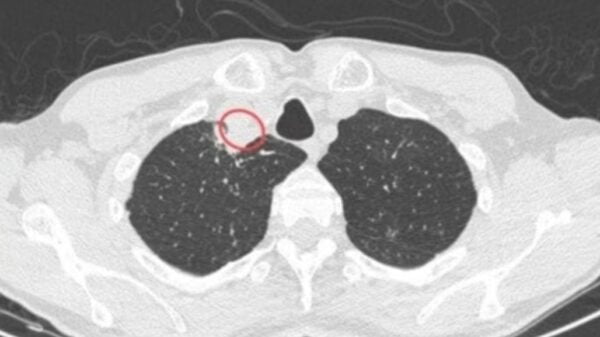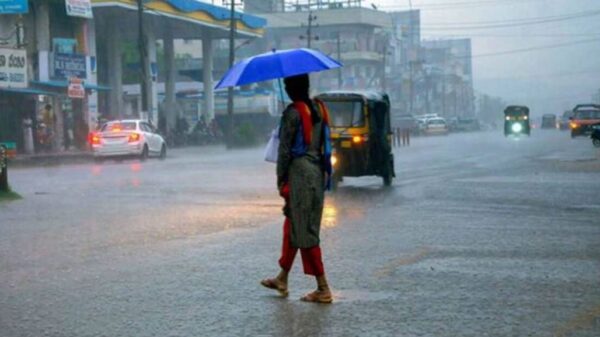The 15th meeting of the International Health Regulations (2005) Emergency Committee regarding the Coronavirus disease (COVID-19) pandemic meeting was held on Thursday 5 May, 2023, chaired by Dr Tedros Adhanom Ghebreyesus, the Director-General of the World Health Organisation. The reduction of Covid deaths was discussed by the committee, including hospitalisations related to Covid, and Intensive Care Unit (ICU) admissions. The highest level of alert for the disease had been in place since 30 January, 2020.

Covid-19 vaccines. Credit: The Economic Times
While it is an ongoing health issue, it is no longer a Public Health Emergency of International Concern (PHEIC), the WHO director said. There continues to be access to life saving intervention. During the outline of the meeting, 5 main points were discussed, including collaborative surveillance, community protection, safe and scalable care, access to countermeasures, and emergency coordination. As per the report, globally, 13.3 billion doses of COVID-19 vaccines have been administered.
The report prompted countries to enhance their functional capacities, particularly related to emergency coordination, collaborative surveillance, clinical care, and risk communications and communication engagement.
The seven point recommendations were as follows
- Sustain the national capacity gains and prepare for future events
- Integrate COVID-19 vaccination into life course vaccination programmes.
- Bring together information from diverse respiratory pathogen surveillance data sources to allow for a comprehensive situational awareness.
- Prepare for medical countermeasures to be authorized within national regulatory frameworks to ensure long-term availability and supply.
- Continue to work with communities and their leaders to achieve strong, resilient, and inclusive risk communications and community engagement (RCCE) and infodemic management programmes.
- Continue to lift COVID-19 international travel related health measures.
- Continue to support research to improve vaccines that reduce transmission and have broad applicability; to understand the full spectrum, incidence and impact of post COVID-19 condition and the evolution of SARS-COV-2 in immunocompromised populations; and to develop relevant integrated care pathways.












































































